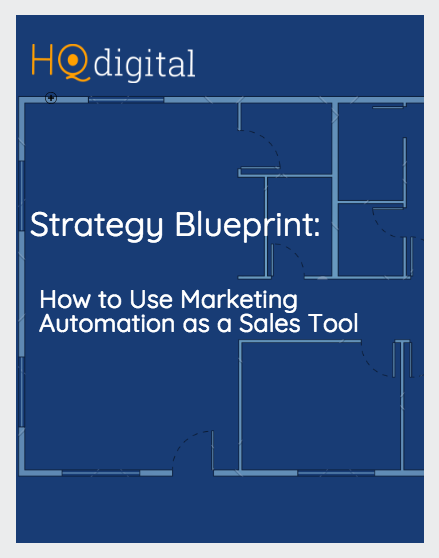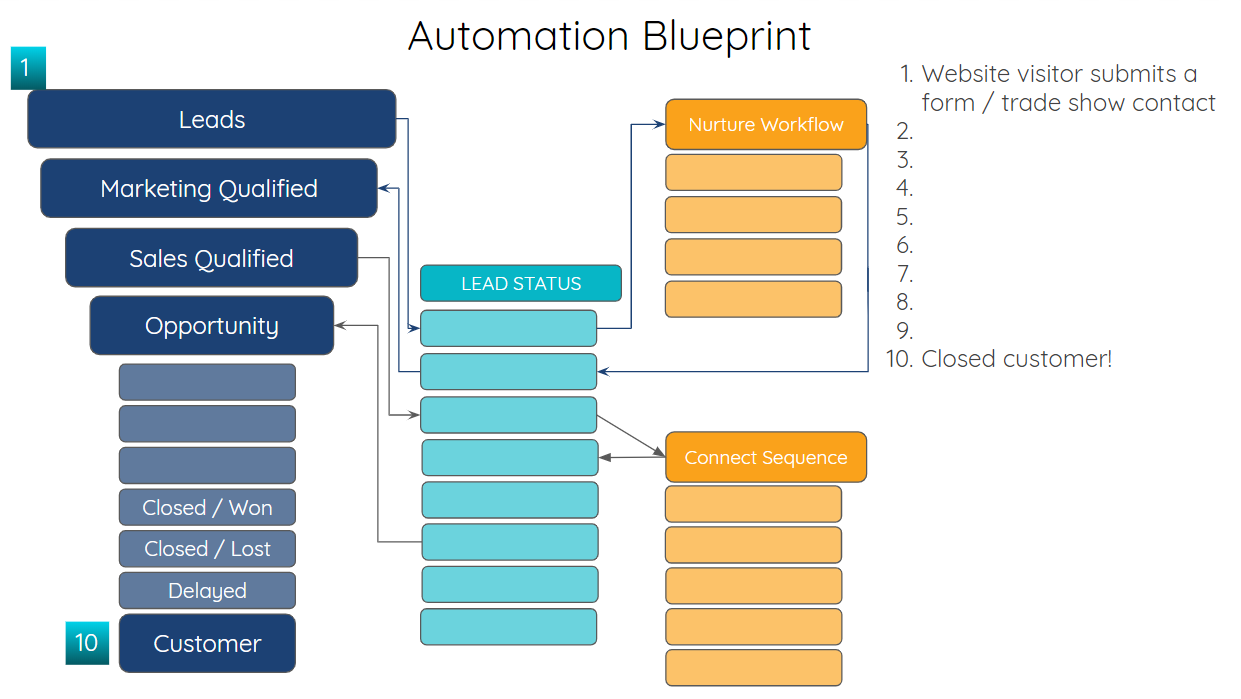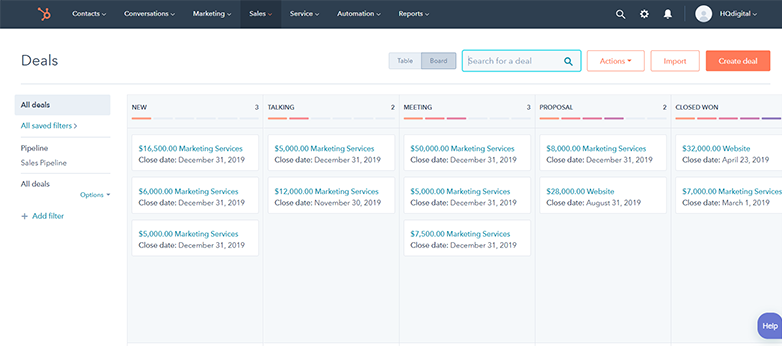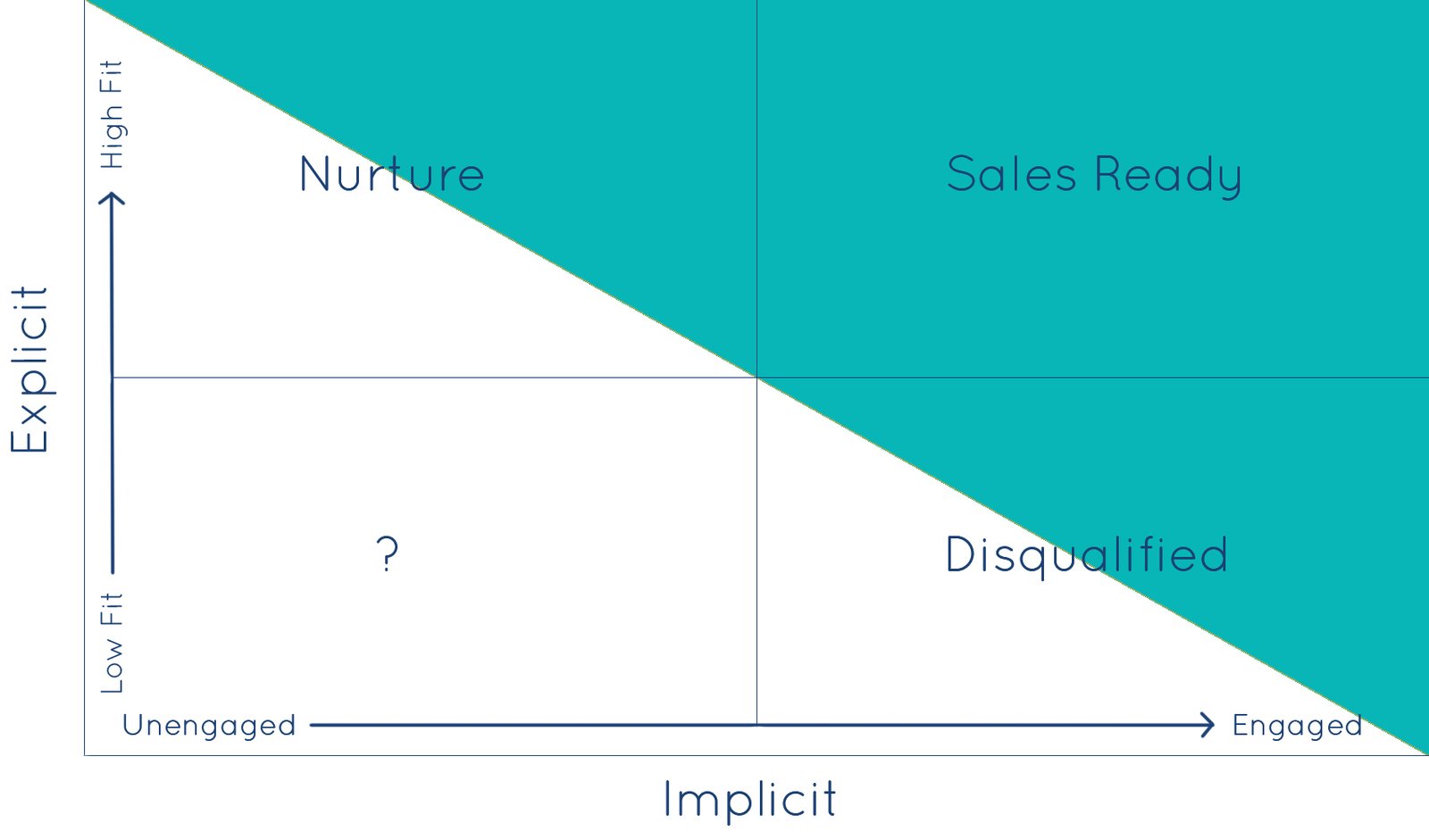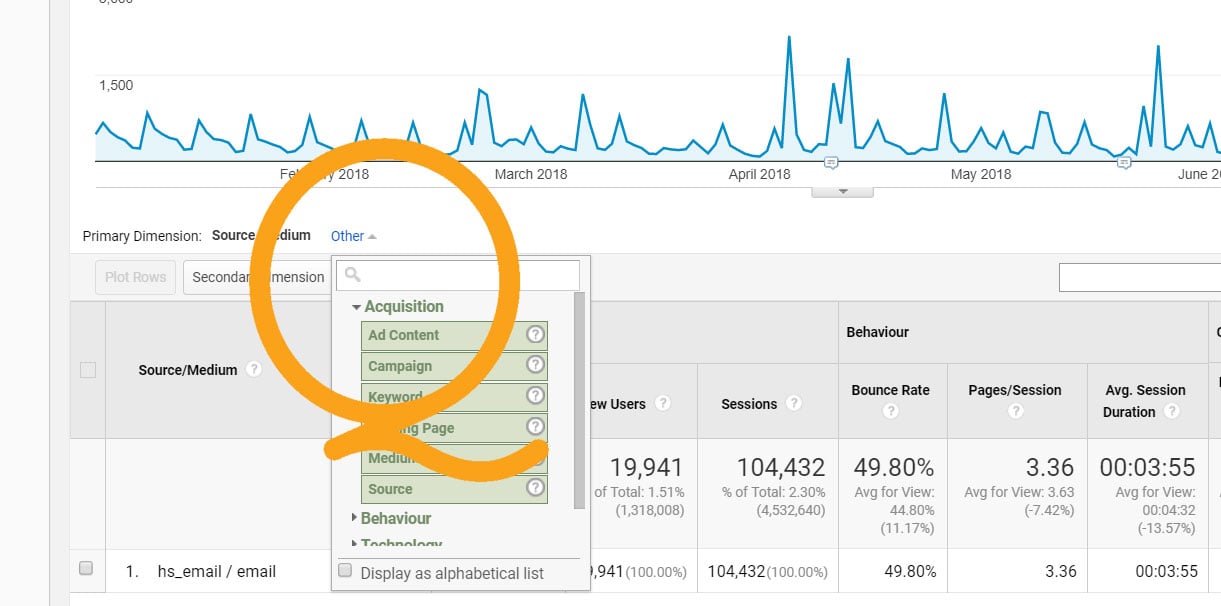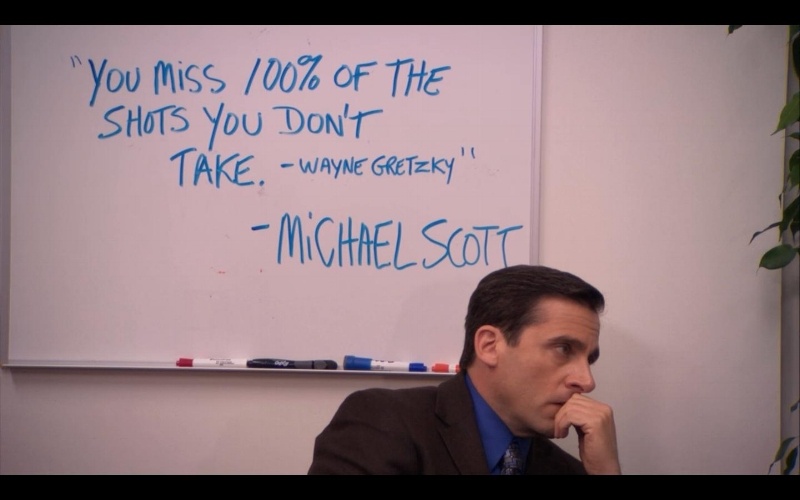
NBC's The Office is one of the most memorable TV shows of all time. Michael Scott's misadventures as regional manager of Dunder Mifflin Scranton are chronicled over several years, creating countless hilarious predicaments and situations that actually present great learning opportunities for marketers.
Here are fifteen marketing lessons from The Office that you might have missed.
1. Use events to generate awareness.
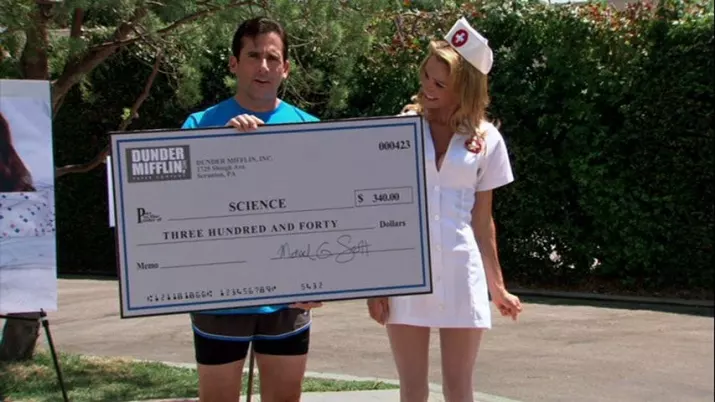
After Michael runs over one of his employees, Meredith, with his car, she's admitted to the hospital and discovers she has rabies. Michael organizes a charity run to raise money to find a cure (spoiler alert: rabies has already been cured).
Vehicular negligence aside, this is one of the few times in the show when Michael is actually on the right track. While the Michael Scott's Dunder Mifflin Scranton Meredith Palmer Memorial Celebrity Rabies Awareness Pro-Am Fun Run Race For The Cure may not have been the most successful fundraising endeavor of all time, events are truly a powerful way to generate leads and customers. This is true even if you rely mostly on digital marketing.
2. Don't assume you know your audience.
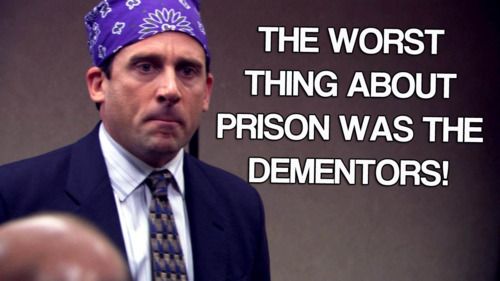 “Prison Mike” seeks to get a message across to the Scranton office, but due to a lack of actual prison experience or any reliable research, he doesn’t quite get his facts straight.
“Prison Mike” seeks to get a message across to the Scranton office, but due to a lack of actual prison experience or any reliable research, he doesn’t quite get his facts straight.
Michael attempts to scare his team straight with tales of "dementors and gruel." The result is all credibility lost and an audience, including an actual ex-con, that doesn’t take his message seriously.
It seems silly, but a lot of businesses make the mistake of assuming they know a lot about their target audience without ever actually confirming any of their beliefs. This is dangerous, especially as time passes and both buying patterns and preferences evolve. Relying exclusively on your own team’s assumptions about what motivates your buyers results in misinformed decision-making and flawed strategy.
Avoid this painful mistake by reaching out to customers and lost opportunities to ask them questions about why they did or didn’t choose to partner with your business. You’ll be pleasantly surprised how much valuable feedback they’ll be happy to provide to you.
How Could HubSpot Help Dunder Mifflin?
3. Get out ahead of a PR crisis.
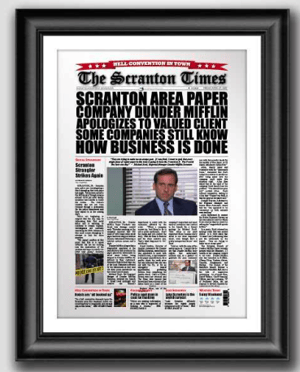 When a disgruntled employee draws a lewd watermark on Dunder Mifflin paper, customers are outraged. The Scranton branch goes on high alert in an effort to control this PR crisis.
When a disgruntled employee draws a lewd watermark on Dunder Mifflin paper, customers are outraged. The Scranton branch goes on high alert in an effort to control this PR crisis.
Michael massively mishandles the situation, inviting reporters to the office to watch him apologize to a customer, who he hasn’t spoken to about the incident previously. The client rejects his apology and calls for his resignation, all while Scranton reporters, that Michael himself invited, furiously scribble down notes.
Foster a better outcome in your organization by following some PR crisis management best practices:
- Have a plan, including individual roles and responsibilities
- Prepare a written statement
- Apologize when it is appropriate
- Know when to involve a professional PR agency
4. Great content takes time.

I will never forget the moment I realized that Threat Level Midnight, Michael Scott’s screenplay, had been brought to life. The result was, of course, magnificent for all fankind, and totally worth the “three years of writing, one year of shooting, four years of re-shooting and two years of editing” wait for the film.
The lesson here is that great things take time. Especially in an agile or digital environment, things move very fast. You have to be careful though, as the champion of your company’s brand, that you don’t let efficiency get in the way of quality. Slow down and take your time at the right places to position your organization to generate real growth.
5. Think things through.
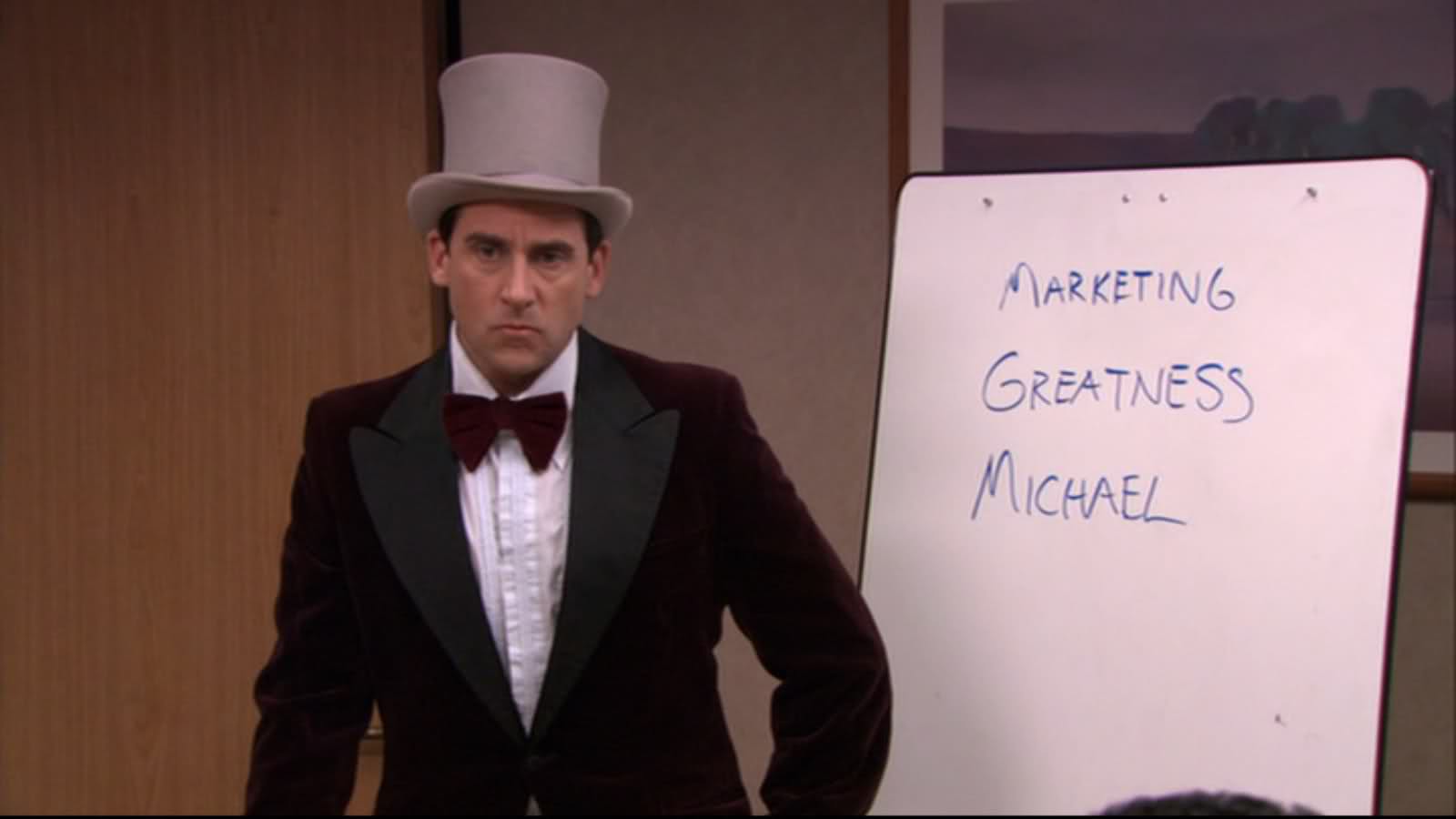
Michael’s “Golden Ticket Idea” was, in his words, “probably the best idea anyone has ever had.” He creates five Willy Wonka-style golden tickets and slips them, “randomly,” into five boxes going out for delivery from the warehouse. Each golden ticket is a coupon for 10% off the recipient’s order.
Michael fails to realize that all of the boxes with golden tickets are actually going to the same client - their biggest, Pennsylvania Blue Cross/Blue Shield, entitling them to 50% off. Michael’s CFO is pissed. Whoops. (In the end, though, it actually helps Dunder Mifflin, as Blue Cross decides to make them their exclusive provider.)
Lesson: It’s easy to get excited about launching a new campaign or promotion, but even with “golden ticket ideas,” it’s really important to think things completely through before you hit start.
Make sure you develop your strategy thoroughly before launching a new marketing campaign. Consider the impact of a new campaign on different groups of people that interact with your business, including current customers, team members, former customers, industry partners, and existing sales leads.
6. Empower your team to build their personal brand.
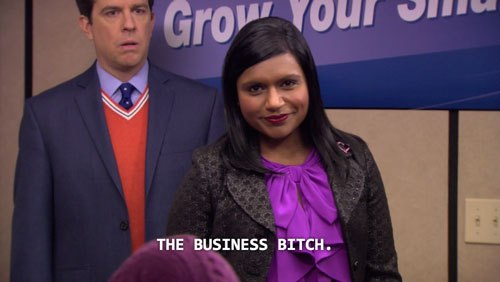
This magic moment is brought to you by Kelly Kapoor, who brings the power of personal branding to life as “The Business Bitch" upon her completion of the Sabre Minority Executive Training Program one summer at Yale. Kelly’s standout performance in Andy’s small business seminar is memorable and shows us what personal branding is all about.
When you empower your team to build their own personal brand within your organization, the result is a happy, engaged team that promotes your brand from within, spreading your reach and amplifying your brand's voice.
Mentor your employees and encourage them to grow. Provide them training to advance their careers. Your investment will improve your whole organization. Just make sure their personal brand stays within your organizational guidelines.
7. Good customer reviews are important.
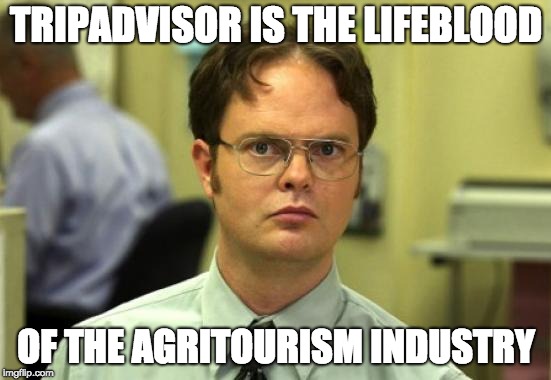
When Dwight needs to collect more positive customer reviews for his beet farm/bed-and-breakfast on TripAdvisor, Jim and Pam step up to support their friend and spend a memorable weekend at Shrute Farms.
If you're interested in marketing that contributes to revenue generation, customer reviews should be an extremely high priority for your company. Work tirelessly to delight your clients, and then put a process in place to collect their feedback on the major channels where your audience is looking for businesses like yours.
How Could HubSpot Help Dunder Mifflin?
8. Conduct competitive research.
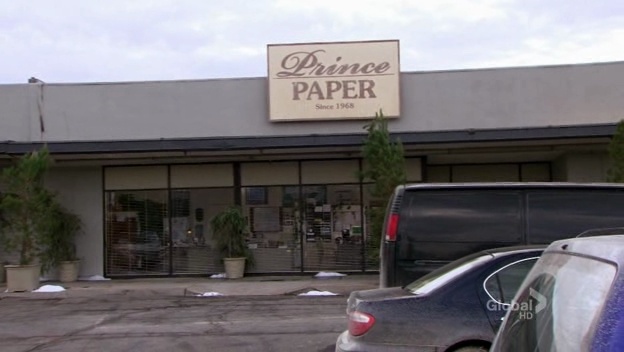
Competitive research is actually one area Michael Scott really shines. There, and ice skating.
Remember poor Prince Family Paper? When corporate asks Michael and Dwight to go spy on the competing paper company, Michael poses as a potential customer. Dwight shows up too, posing as a local paper salesman in search of a new job. They then ask probing questions to uncover details about their competitor, including how many big accounts they have and who their clients are.
You don’t have to wear a disguise to get good competitive intelligence. Investigate your competitors' websites. Scour LinkedIn. Use a tool like HubSpot to research competitors, and even get intel on your leads and prospects. Use competitive intelligence to inform your marketing strategy and messaging.
9. Rely on your own team for your brand's content.
When corporate sends a film crew to Scranton, Michael finds their TV commercial idea rather ordinary. His team puts together a second commercial with Michael footing the production bill. Even though it doesn’t get to air, it’s arguably the superior project in any number of ways.
There’s a very logical reason for this. Content created and promoted by those within your company is invaluable because the expertise comes straight from a credible, authentic source of expertise. In order to generate unique, valuable content, you have to be willing to provide useful information that people can’t find anywhere else. Even when you’re working with a professional copywriter, you should expect to provide subject matter expertise in order to make your content really shine.
The result of tapping your internal subject matter experts will almost always be better content. Just ask Dunder Mifflin.
10. Differentiate your company.
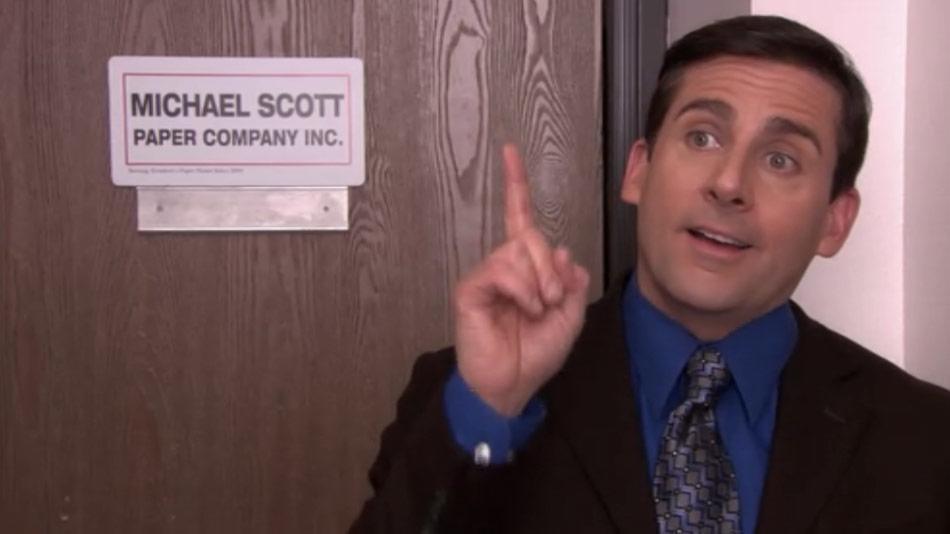
The Michael Scott Paper Company undercuts Dunder Mifflin's pricing in order to steal clients in the short-term, but competing on price isn't an effective revenue generation strategy for real-life companies. It's also, as Michael, Pam, and Ryan soon discover, not sustainable.
Instead, focus on developing differentiators for your business. Think about and identify what makes your organization unique and why customers would want to work with you over your competitors. If you can't identify anything unique, it may be time to call in some expert help to get a new perspective.
11. Use email wisely.

If you think about it, Michael Scott and his team conduct a masterclass in what NOT to do with business email over the course of their nine seasons on TV. From falling for wildly well-known internet scams to accidentally sending a topless photo of his boss, Jan, to the entire packing department, the self-proclaimed "King of Email Forwards’" misuse of email is a consistent trend.
Here are some helpful tips for effectively using email to create a message so great people will want to, to quote Michael Scott, “forward it like it’s hot.”
- Keep it clean
- Keep it simple
- Don’t overuse urgency
- Double-check everything before hitting send
- Ensure your email is in full compliance with any governing laws
12. Make it memorable.
Effective marketing today is about growing your revenue, and revenue growth means making your business stand out amidst a sea of hungry competitors. Your message needs to be unique and memorable.
Digital marketing experts estimate that most Americans are exposed to between 4,000 and 10,000 ads every day. As a result, customer attention is a scarce resource. In order to earn it, it's important to stand out from the crowd.
13. Be omnichannel.

Remember WUPHF, the social media brainchild of Ryan Howard?
WUPHF got at least one thing very right. To connect with customers today, you need a message that spans across multiple channels and multiple devices. Today’s buyers are omnichannel and multi-device, so your brand should be too.
14. Add a personal touch.
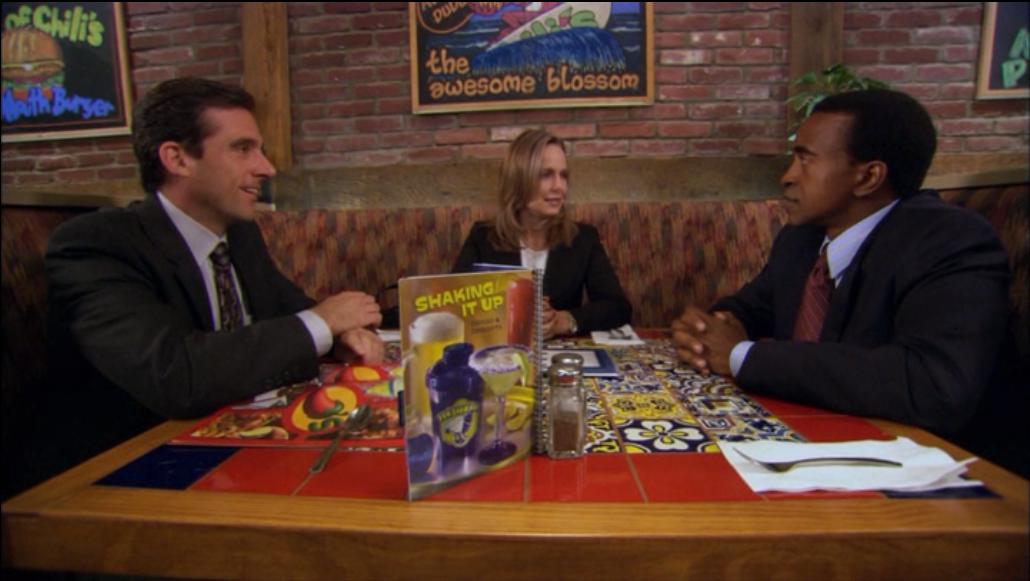
Michael knows the value of a personal touch to close new customers. He and Jan close a major deal with Lackawanna County after Awesome Blossoms and adolescent jokes at the local Chiles.
Add a personal touch to your marketing by uncovering intelligence about your leads and their interests, and leverage this data to improve your marketing and sales efforts with stronger customer relationships.
15. Don't be pushy.
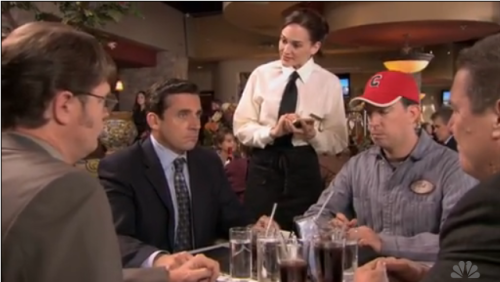
When a pushy insurance salesman reaches out to Michael to solicit business, Michael mistakes him for a mobster trying to shake him down. Dwight and Andy, the latter incognito as a mechanic (and unable to jump a car), go all-in with their boss in his effort to uncover the truth.
The lesson here is not to be pushy in your approach to marketing and sales. Hopefully, you won't be dealing with organized crime, but you will risk painting your brand in a bad light and pushing away qualified leads. Instead, take an educational, inbound approach to your marketing and sales processes to warm up leads and get more sales.
What's your favorite marketing lesson from The Office?
Photo credits: NBCUniversal


